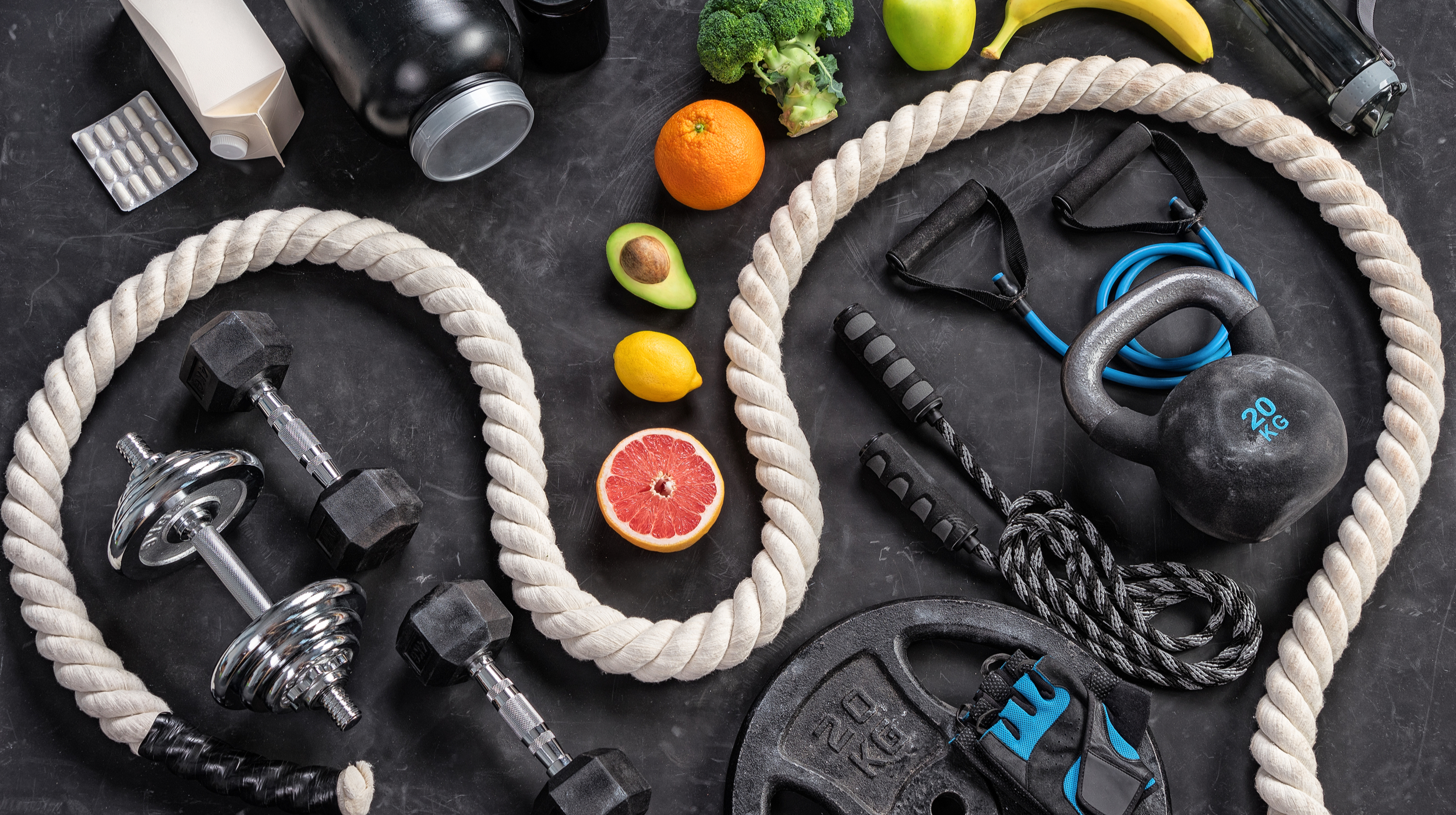Prioritizing Nutrition vs. Weightlifting for Increased Fat Loss
Jul 17, 2019 mindpumpTo achieve fat loss should you prioritize nutrition or weightlifting? Technically, to achieve fat loss, you must be in a caloric deficit, which is dependent on the food you eat…but a caloric deficit is also dependent on the activity you do. For example, you could program 2500 calories to maintain your current body weight, but if your Total Daily Energy Expenditure is 2800 calories, say because you lifted weights that day, you’re now in a deficit. Nutrition and energy expenditure (weightlifting in this case) cannot be divorced in the context of fat loss. For this reason, I believe that nutrition and weightlifting work synergistically and one should not be prioritized overall if your ultimate goal is maximum fat loss.
Nutrition for fat loss
As I mentioned earlier, fat loss is not possible without achieving a caloric deficit i.e. eating less calories than you’re using. So, if your ultimate goal is fat loss, you have to keep this in mind. The more difficult part is maintaining a caloric deficit while still maintaining a macronutrient/micronutrient profile that will help you retain muscle mass during your caloric deficit (because who wants to lose all that muscle you worked so hard for) and keep you healthy. To lose fat in a healthy and sustainable fashion, you should have a detailed nutrition plan going into your deficit. A caloric deficit isn’t something to be messed around with. For my clients and myself, the plan usually looks something like this:
- Determine fitness goals. (In terms of fat loss, what is your goal physique or weight? Also, asking yourself why you want to achieve this goal may be important.)
- Establish maintenance calories. (Detailed protocols on how this is done can be found in my other articles titled “What is Metabolic Adaptation” and “How do I know if my metabolism is slow?”)
- Adjust maintenance calories, if needed.
- Establish protein requirements, which increase during a caloric deficit.
- Program deficit. This includes duration, diet breaks (although this can be adjusted as needed), and reverse diet.
Weightlifting for fat loss
I think the most important thing to realize when weightlifting for fat loss is that there should be a big change in mindset. When lifting in a caloric deficit you’re working toward different goals than if you were in a caloric surplus or even at maintenance. Usually, the goal is to build, hit PRs, and overall increase muscle mass, but when weightlifting during a deficit, this isn’t the case. Rather, weightlifting is complementing your overall goal to shed fat. Through energy expenditure, weightlifting is helping you achieve and maintain a caloric deficit. Also, even though this usually only happens in new lifters, it is possible to build muscle and shed fat at the same time. The science behind this phenomenon is still being explored, but essentially building muscle while in a deficit further increases your deficit because muscle requires more calories than fat to just exist, therefore, increasing your BMR.
Contrary to the mindset most of us enter the weight room with (carpe diem, let’s get this bread, bigger, faster, stronger), the goal of lifting during a caloric deficit is to maintain muscle mass as much as possible and stay in a deficit.
All that said, there is a milieu of other benefits outside of maintaining a deficit that accompany weightlifting and can help promote healthy and sustainable weight loss. These include positively-influencing factors associated with osteoporosis, arthritis, obesity, heart-disease, and cancer. Moreover, strength training has benefits that stretch far beyond just physical. It has been demonstrated that strength training can positively modulate mood, anxiety, physical self-efficacy, and cognitive function in adults. Additionally, it’s been shown that strength training can help decrease symptoms of depression in clinically depressed patients and can help combat cognitive decline in aging adults. I could go on and on about the benefits of strength training that are outside the scope of weight loss, but I digress. Physical and mental health play a role in achieve sustainable weight loss, so for these reasons, in addition to the role weightlifting plays in helping maintain a deficit, I feel it is more detrimental to focus on solely on nutrition if your overall goal is to achieve maximum sustainable weight loss.
Overall, nutrition and weightlifting are two sides of the same coin when it comes to fat loss. They complement each other well by mitigating each other’s drawbacks and bolstering each other’s benefits. As with most things, there’s not a clear-cut emphasis on which you should emphasize more — that often comes down to individual lifestyle, but for best results, I would try your best to include both is your weight loss regimen.







